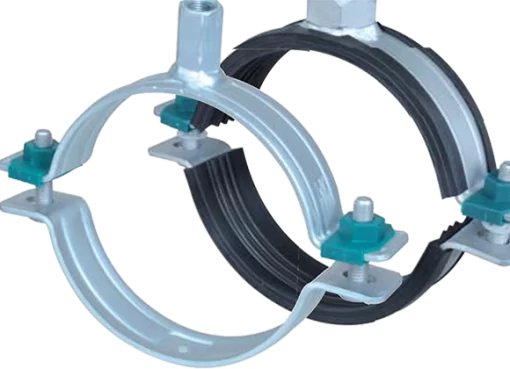When thinking of plumbing pipes, your mind might automatically go to galvanized iron or steel pipes that used to be common in homes; these days however, these types of piping have become less widespread and have been replaced with more reliable varieties of pipe.
Copper pipe is an increasingly popular choice for water supply lines due to its durability and resistance to heat. Furthermore, its copper formulation won’t leach any rust traces into your drinking water system.
PVC Pipes
PVC pipes are an ideal choice for plumbing because they’re durable, corrosion resistant, non-toxic, easy to work with and safe for high levels of pressure. Not only that but PVC also acts as an electrical wire encasing system and can enclose electrical cables within walls for convenient wiring management.
PVC pipes have quickly become one of the most sought-after piping and construction materials on the market, thanks to their many advantages over competing materials. PVC has proven its worth time after time in numerous applications over recent years due to its versatility.
Cost-efficient pipe and construction material options have several key advantages, such as lower breakage rates, life cycle costs and installation expenses compared to their alternatives. Furthermore, they reduce maintenance expenses and operational expenses as well as operational expenses.
Treadmill mats are made to last, withstanding harsh weather conditions while remaining durable enough to be installed both underground and above-ground applications. Their resistance to UV exposure, chemical erosion, freezing temperatures and other environmental elements makes them the ideal solution for use in areas that experience extreme climates.
PVC pipes offer many advantages over their alternatives, including being durable and flexible – which makes installation much simpler, as they can be formed into various shapes for specific uses. Furthermore, their flexibility makes fitting into tight spaces possible that other pipes could never fit into. PVC can even be joined together easily using solvent welding or adhesive fittings.
PVC pipes are safe to use for transporting drinking water because they are made from an inert, non-toxic material; furthermore, they resist corrosion and rust damage, making them suitable for both indoor and outdoor environments.
There are various varieties of PVC pipes on the market, including CPVC, UPVC and PEX pipes. Each type offers its own set of advantages so it’s important to learn about all three before choosing what’s right for your needs.
CPVC pipes are chlorinated versions of PVC that offer the same benefits as their non-chlorinated counterparts but can tolerate higher temperatures without melting, making them an excellent choice for hot water heating systems and plumbing in kitchens. Unfortunately, however, they cannot withstand steam pressure applications or any other high-pressure scenarios.
PEX pipes are composed of cross-linked polyethylene that are flexible, weatherproof and suitable for low temperatures. Their shape makes them easier to bend than PVC and CPVC pipes for use in numerous applications and allows for effortless installations into existing piping systems without cutting or rerouting required by other alternatives.
PEX pipes make an excellent choice for draining and sewer lines, as they can be installed underground as well as above-ground installations. PEX’s ability to endure extreme stress while adapting to soil movement makes this material ideal for draining applications.





